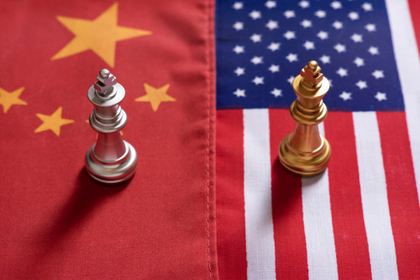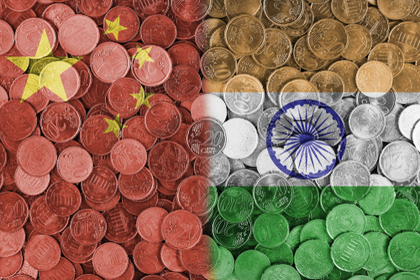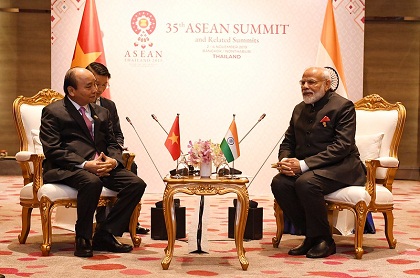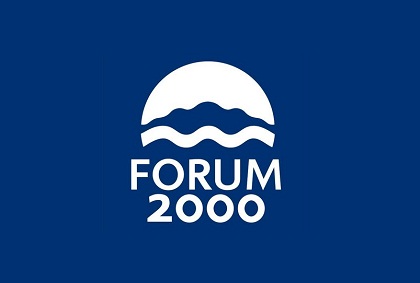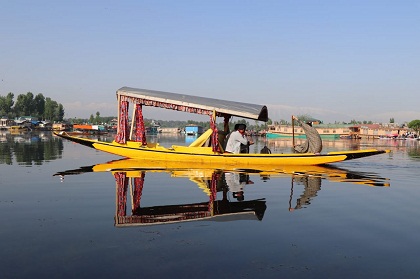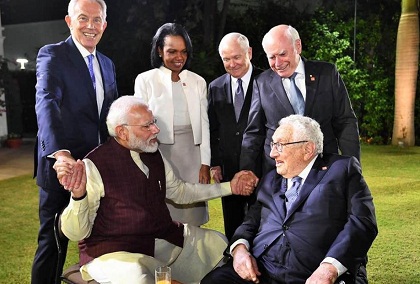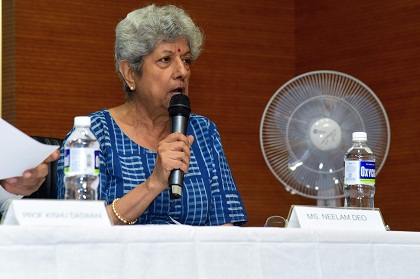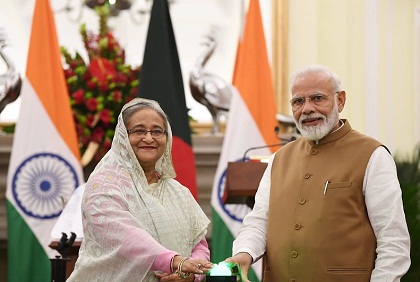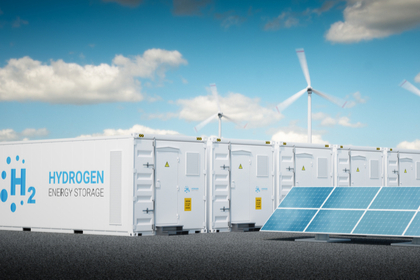U.S. law tackles Chinese investments
The Committee on Foreign Investment in the United States (CFIUS) is an inter-agency body which reviews in-bound foreign investments for their impact on national security. The Treasury Department recently proposed draft regulations, strengthening it. An analysis of the effect these amendments have had – and their applicability in an Indian context

